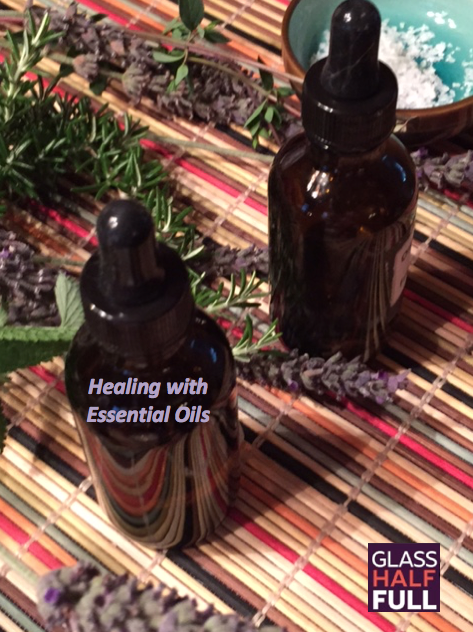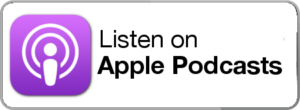Dalia Kinsey, RD, LD, SNS, chose to be a dietician because she wanted to help people prevent chronic disease; this was before receiving a diagnosis of Graves Disease, an autoimmune disorder that causes an overactive…
Patient Advocates, Patient Leaders
- February 4, 2020
- Tagged as: advocacy, autoimmune condition, caregivers, chronic fatigue syndrome, chronic illness, chronic pain, collagen six intermediate congenital muscular dystrophy, fatigue, fibromyalgia, Limb Girdle, lupus, Lyme disease, muscular dystrophy, neuromuscular disease, patient advocate, patient leader, respiratory, respiratory health, ventilator
What is a Patient Advocate? A patient advocate can be an actual patient with a mental and/or physical health condition, a caregiver for someone with a health condition, or a paid professional advocating on behalf…
Autoimmune Illness: A Physician’s Journey
- September 19, 2019
- Tagged as: autoimmune condition, celiac disease, chronic fatigue syndrome, dysautonomia, fatigue, functional medicine, Gastroenteritis, Hashimoto thyroiditis, healing, hypothyroid, inflammation, integrative medicine, intuition, meditation, mononucleosis, post-paartum thyroiditis, qigong, stealth infection, stress, Thyroiditis
Imagine if your physician not only understood your invisible chronic illness but also had experience healing her own autoimmune illness. That physician could be Cynthia Li. Dr. Cynthia Li talks about her book, Brave New…
So, what is fatigue? It’s not a fancy word. Most of us probably think it’s synonymous with being tired. But, is it? Wikipedia’s entry for fatigue includes: Fatigue is a subjective feeling of tiredness that…
This episode features personal stories about how the use of essential oils has helped with a variety of conditions including depression, anxiety, fibromyalgia, fatigue, post-surgical pain and post cancer treatment. If you’re interested in deepening…
Diagnosed with MS as a teenager, Michael Muir spreads his “fun is therapeutic” philosophy while making the horse ranch experience accessible to everyone. To learn more about Michael’s organization visit the Access Adventure website. If you’d…


